Dive into a collection of articles that amplify neurodivergent voices, support a more thorough understanding of neurodiversity, and challenge common misconceptions.
Month
- January 2026
- December 2025
- November 2025
- October 2025
- September 2025
- August 2025
- July 2025
- June 2025
- May 2025
- April 2025
- March 2025
- February 2025
- January 2025
- December 2024
- November 2024
- October 2024
- September 2024
- August 2024
- July 2024
- June 2024
- May 2024
- April 2024
- March 2024
- February 2024
- January 2024
- December 2023
- November 2023
- October 2023
- September 2023
- August 2023
- July 2023
- June 2023
- May 2023
- April 2023
- March 2023
- February 2023
- January 2023
- December 2022
Author
- Abs S. Ashley
- Adam Fare
- Aimee Fletcher
- Aisling Sheehy
- Andreia Costa
- Ann Memmott
- Antonia Aluko
- Beverley Samways
- Brendan Maguire
- Callum Stephen Howes
- Cassandra Lovelock
- Charli Clement
- Chloe Webster-Harris
- Claire
- Cos Michael
- Darren O'Reilly
- Dr Catherine Crompton
- Dr Virginia Carter Leno
- El Dewar
- Elise Guthrie Stirling
- Emily Wooden
- Emily Lees
- Emily Katy
- Emma Nielson
- Grace Lee
- Harriet Axbey
- Hat Porter
- Helen Edgar
- Iqra Babar
- Jill Corbyn
- Kai Schweizer
- Katrine Callander
- Kay Louise Aldred
- Krysia Waldock
- Kyra Thompson
- Lizzie Smith
- Lou Chandler
- Lucy Gilbert
- Meena Kumari
- Molly Anderton
- Molly Siobhan Parker
- Nick Ransom
- Reesha Zahir
- Remie Colledge
- Rhiannon Williams
- Rod Landman
- Rose Matthews
- Sarah Douglas
- Sarah Boon
- Sascha Bellamy
- Sophie Broadgate
- Stop Oxevision
- Thomas Barnett
- Tina
- Trauma Geek
- Victoria Denham
- Warda Farah
- Zoë Austin
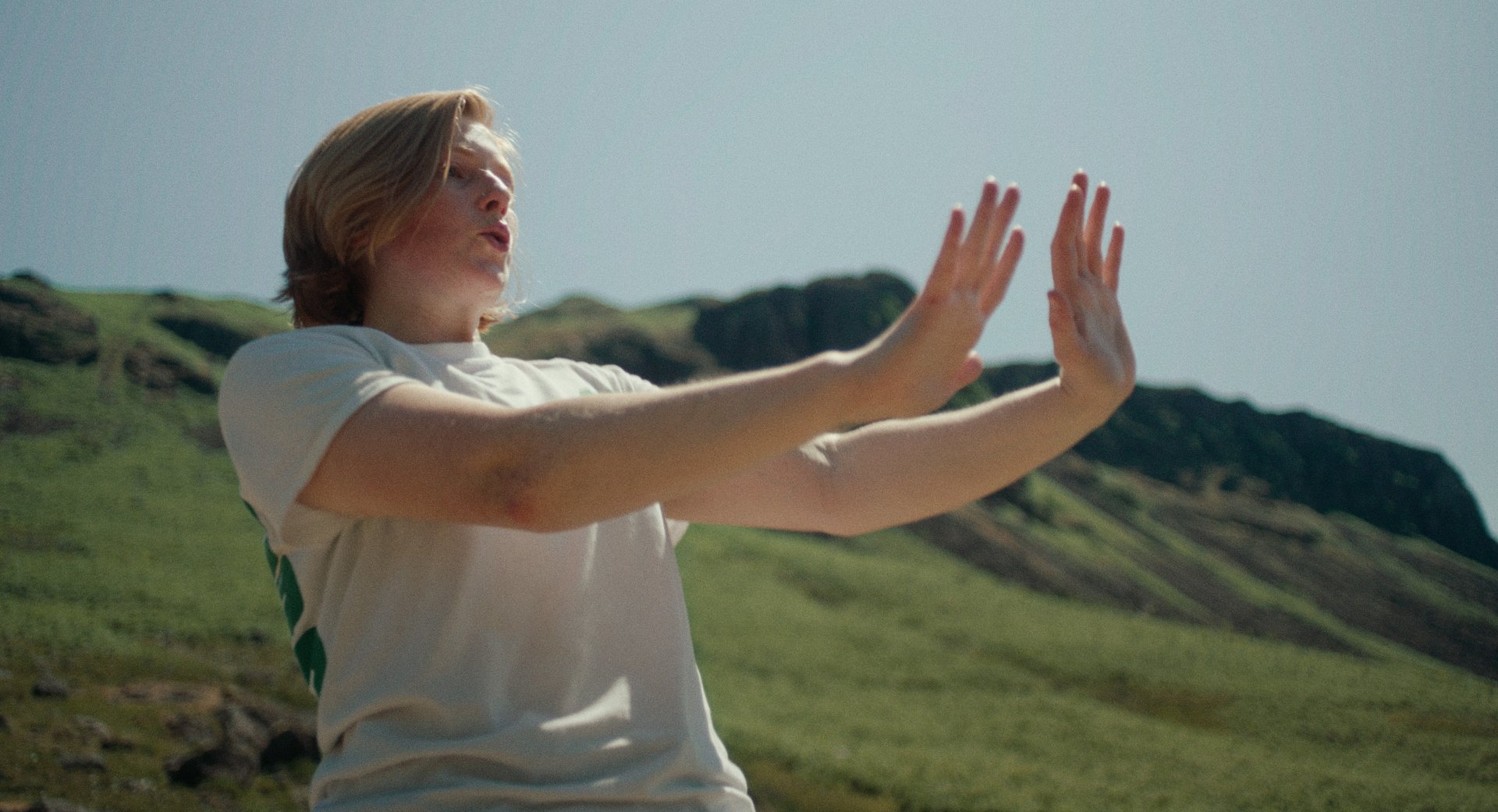
4 Questions For: Autistic Filmmaker Sophie Broadgate
For this 4Q4 we talk with Sophie Broadgate, a filmmaker who uses her work to process her late-diagnosis of Autism. Sophie discusses the experiences that lead her to create her newest project, Part Fish.
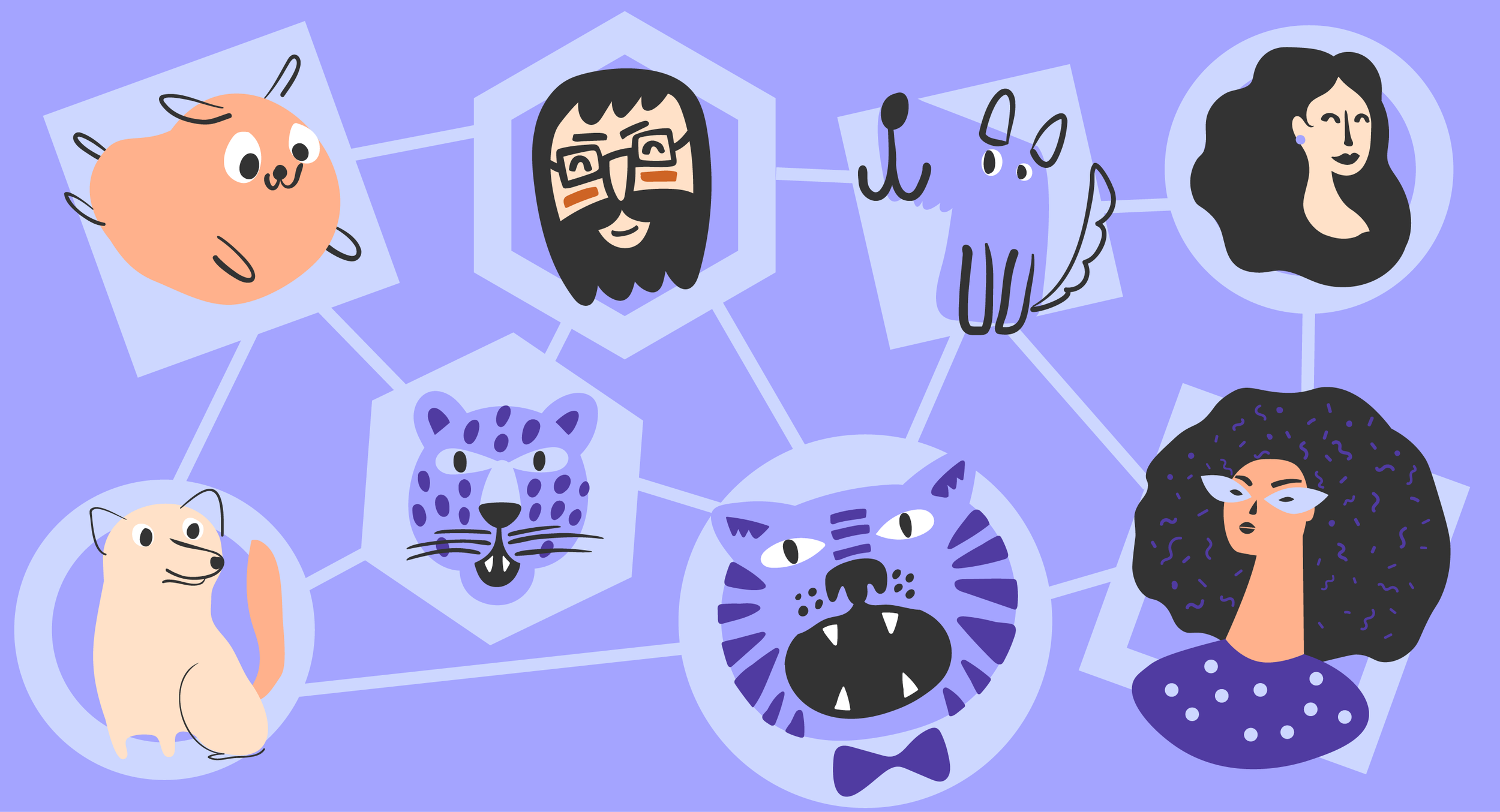
The importance of online Autistic communities for a positive Autistic identity
A Q&A with guest contributor Claire about the benefits of engaging with Autistic communities online.
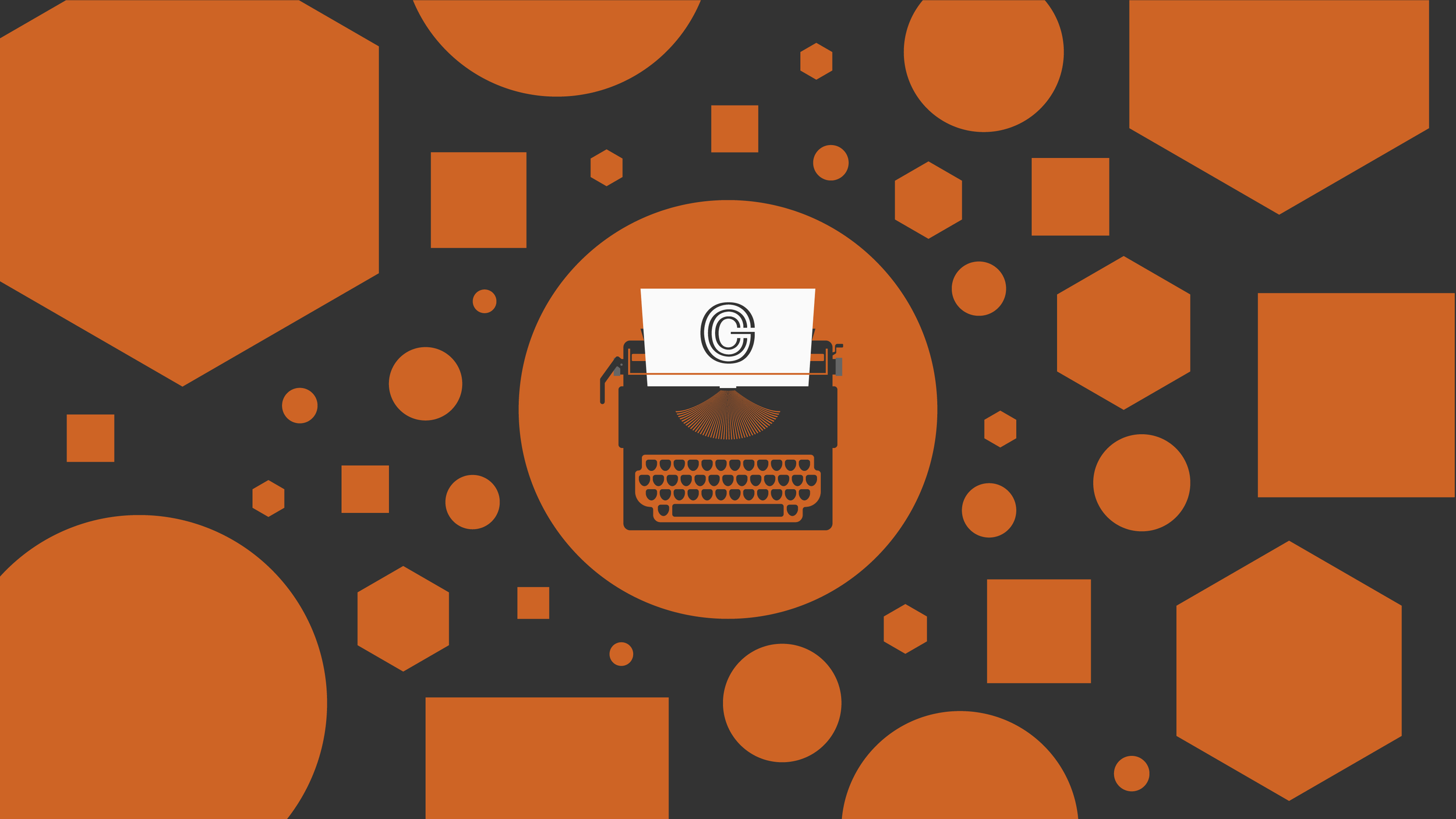
From Powerlessness to Empowerment — Part 3/3: The Found Adult and the Recovering Child
This is the third and final installment of a trio of blogs from Sarah Douglas. These articles form an intimate and thoughtful autobiographical account that traces what Sarah calls ‘a Neurodivergent meandering of trauma and hope’.

From Powerlessness to Empowerment — Part 2/3: The Inherently Vulnerable Autist Trope
This is the second installment of a trio of blogs from Sarah Douglas. These articles form an intimate and thoughtful autobiographical account that traces what Sarah calls ‘a Neurodivergent meandering of trauma and hope’.

From Powerlessness to Empowerment — Part 1/3: The Lost Child
This is the first installment of a trio of blogs from Sarah Douglas, an intimate and thoughtful autobiographical account that traces what Sarah calls ‘a Neurodivergent meandering of trauma and hope’.

Navigating Trauma and Self-Discovery as an Autistic Researcher
I am a late-diagnosed autistic woman, researcher and mother of two neurodivergent young people. At 42, I came to understand my autistic traits while researching my children's neurodiversity. Recognising myself in narratives of other autistic people marked a profound shift. I revisited memories, finding relief and anger at the lack of understanding around my differences.

Autistic Trauma and Identity: Insights from Narrative Research
Katrine Callander shares Autistic-led PhD research into the traumatic impact that grooming and coercive control has on Autistic people, rooting her work in the complexities of late-identification, the pursuit of agency and authentic Autistic selfhood,.
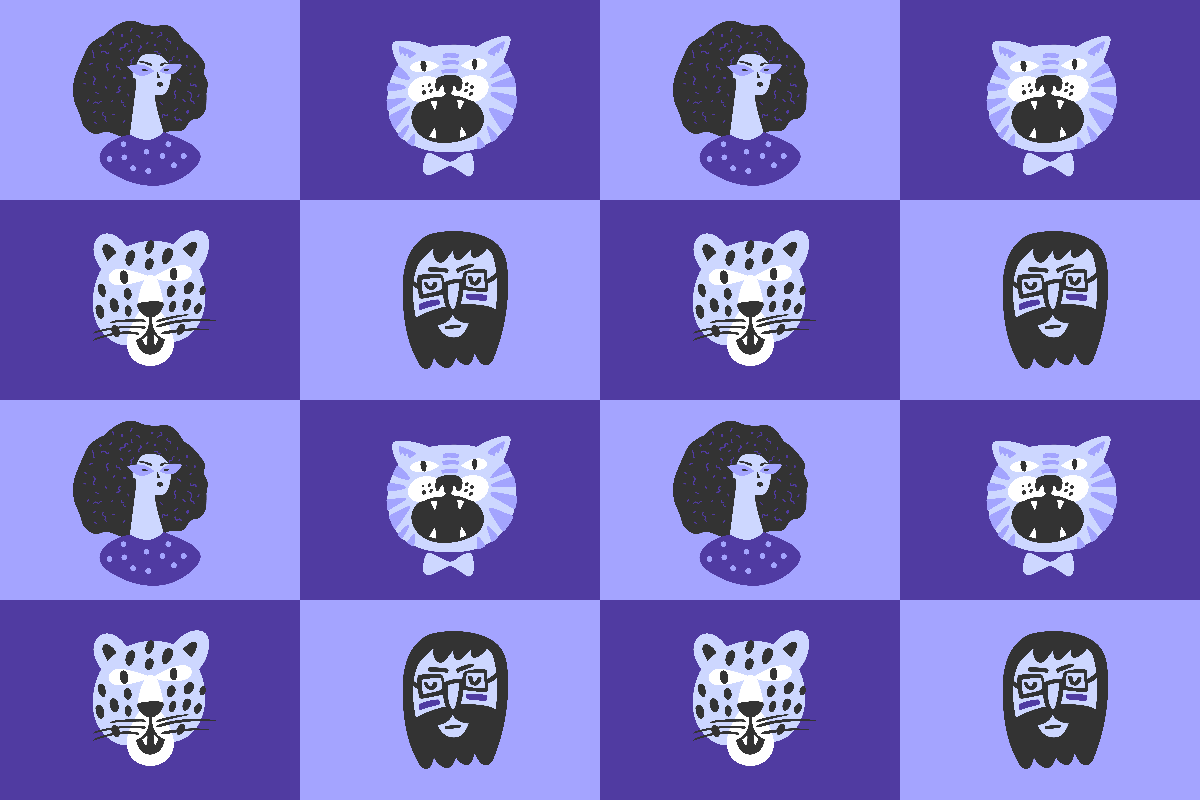
The Diagnosis Journey
Nothing could have prepared me for the emotional, psychological and physical toll the ADHD and autism diagnosis process would have on me.
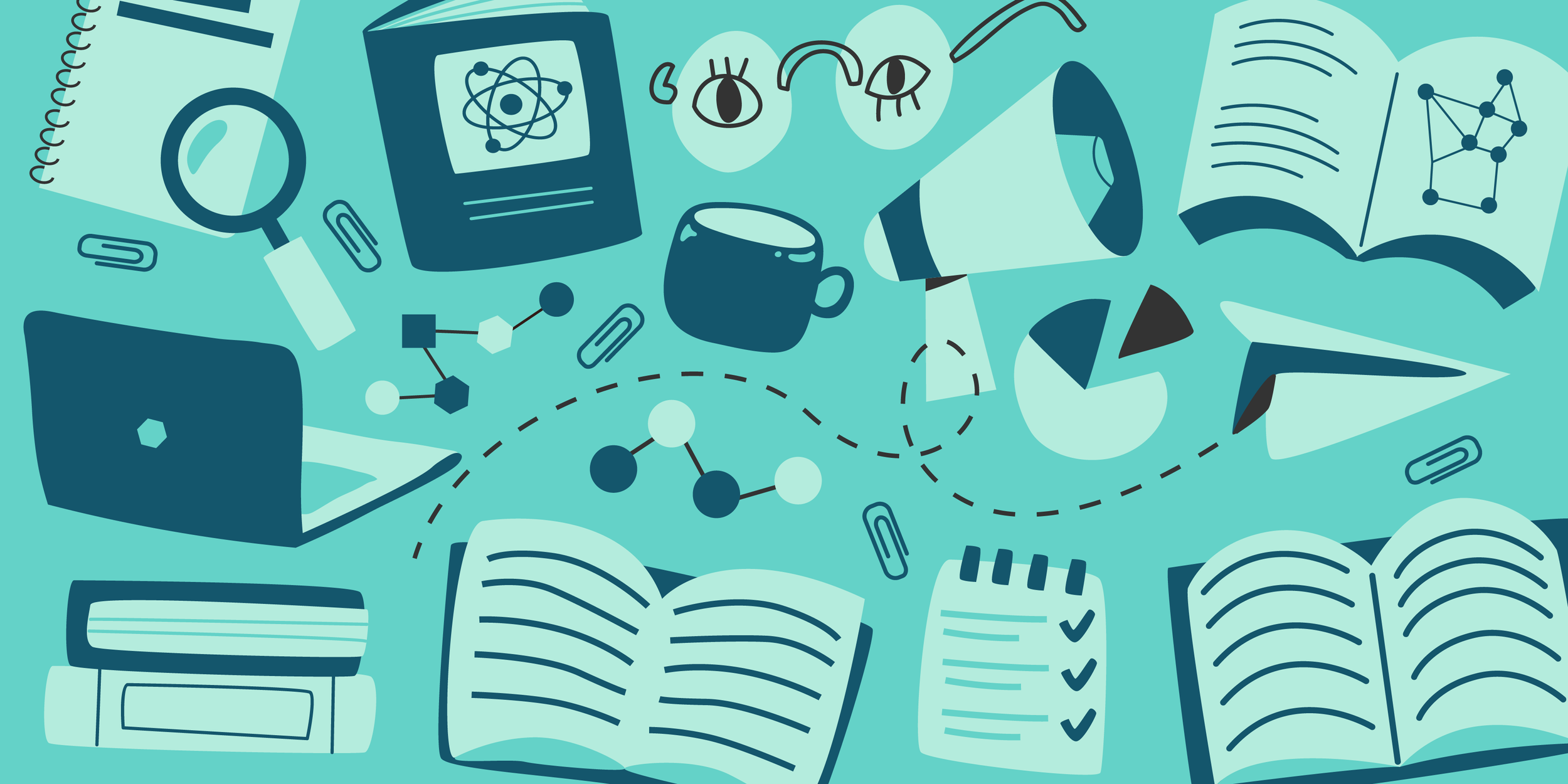
Autism Research - What’s New in July 2023
This research roundup picks out some of the current big debates on autistic lives, and showcases some of the research from teams making an impact on improving the quality of life for autistic individuals.
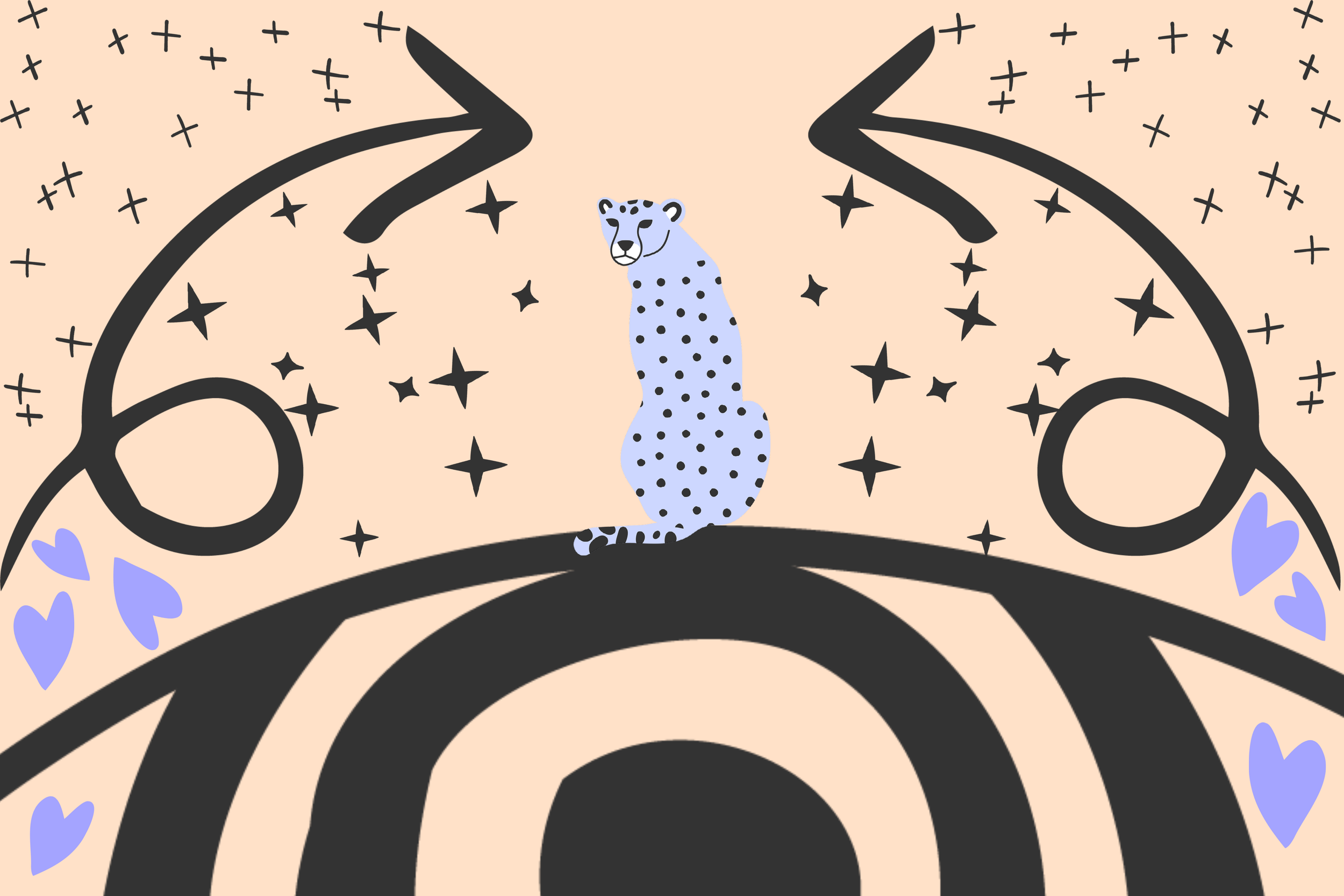
Why I continue to speak out and provide support to the Neurodivergent community
I was sixteen years old, in the middle of a mental health crisis. I had just spent three months in a children’s mental health unit, feeling like my life was over. I believed that I hated myself and nothing would ever change that. I felt broken.
- ABA
- abuse
- accessible
- ADHD
- adults
- advocacy
- affirming
- aging
- assessment
- autism
- autistic parents
- black autistic
- building design
- burnout
- childhood
- children
- co production
- coercive control
- communication
- community
- culture
- depression
- Designing Homes for Sensory Differences Summit 2024
- diagnosis
- disability
- dyslexia
- eating disorders
- education
- empathy
- employment
- environment
- ethics
- executive functioning
- family
- friendships
- GCC Summit 2023
- gender
- grooming
- guidance
- health
- healthcare
- holiday
- housing
- human rights
- identity
- inclusion
- inpatient
- intersectionality
- joy
- language
- late diagnosed
- learning disability
- LGBTQIA+
- lived experience
- masking
- medicalisation
- meltdown
- mental health
- monotropism
- mothers
- nervous system
- newly diagnosed
- NHS
- OCD
- online
- pain
- parents
- PBS
- peer support
- play
- psychiatric care
- quality of life
- race
- racism
- reasonable adjustments
- relationships
- research
- resources
- routine
- school
- self diagnosis
- self regulation
- sensory environment
- sensory overwhelm
- sensory processing
- services
- sexism
- special interests
- spirituality
- stimming
- stress
- suicide
- support
- therapy
- training
- trauma
- trauma-informed
- women
- workplace
- young people
Got something to say?
We commission blogs from neurodivergent writers. We are particularly keen to hear from people of colour, older people, and non-speaking members of our community. Help us in our mission to amplify the views and voices that are most often left unseen and unheard.


